
Kemel Toktomushev, Research Fellow, University of Central Asia
Jan 11, 2018
Beijing has long refrained from engaging militarily beyond its borders. However, as some recent reports suggest, this situation may soon change. Ferghana News reported that China will build a military base in the northern province of Afghanistan.
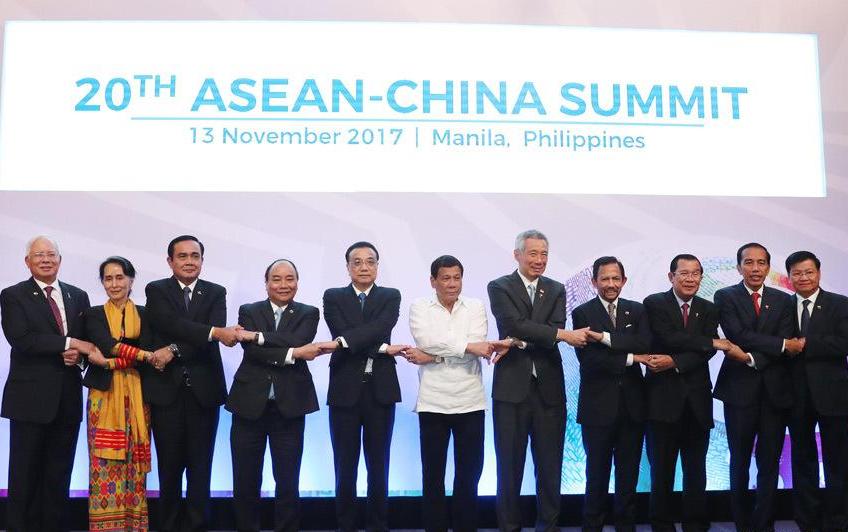
Richard Javad Heydarian, Professorial Chairholder in Geopolitics, Polytechnic University of the Philippines
Jan 11, 2018
ASEAN has ably brought together former rivals and among the world’s most (ideologically and socio-economically) diverse nations under a single roof. Yet, with the rise of China and the demise of the old American-led order, the ASEAN is facing an existential moment, which may require strategic soul-searching and major institutional reforms.
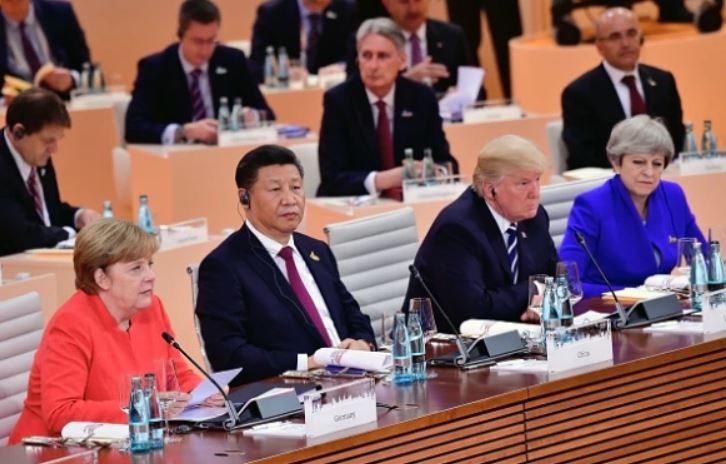
Zaki Laïdi, Professor, International Relations at Sciences Po
Jan 11, 2018
French President Emmanuel Macron is trying to advance a new kind of "offensive multilateralism." But unless the European Union as a whole embraces the cause, Europe risks becoming a casualty of China’s efforts to bend the multilateral system to its own will or, worse, Trump’s efforts to dismantle it altogether.
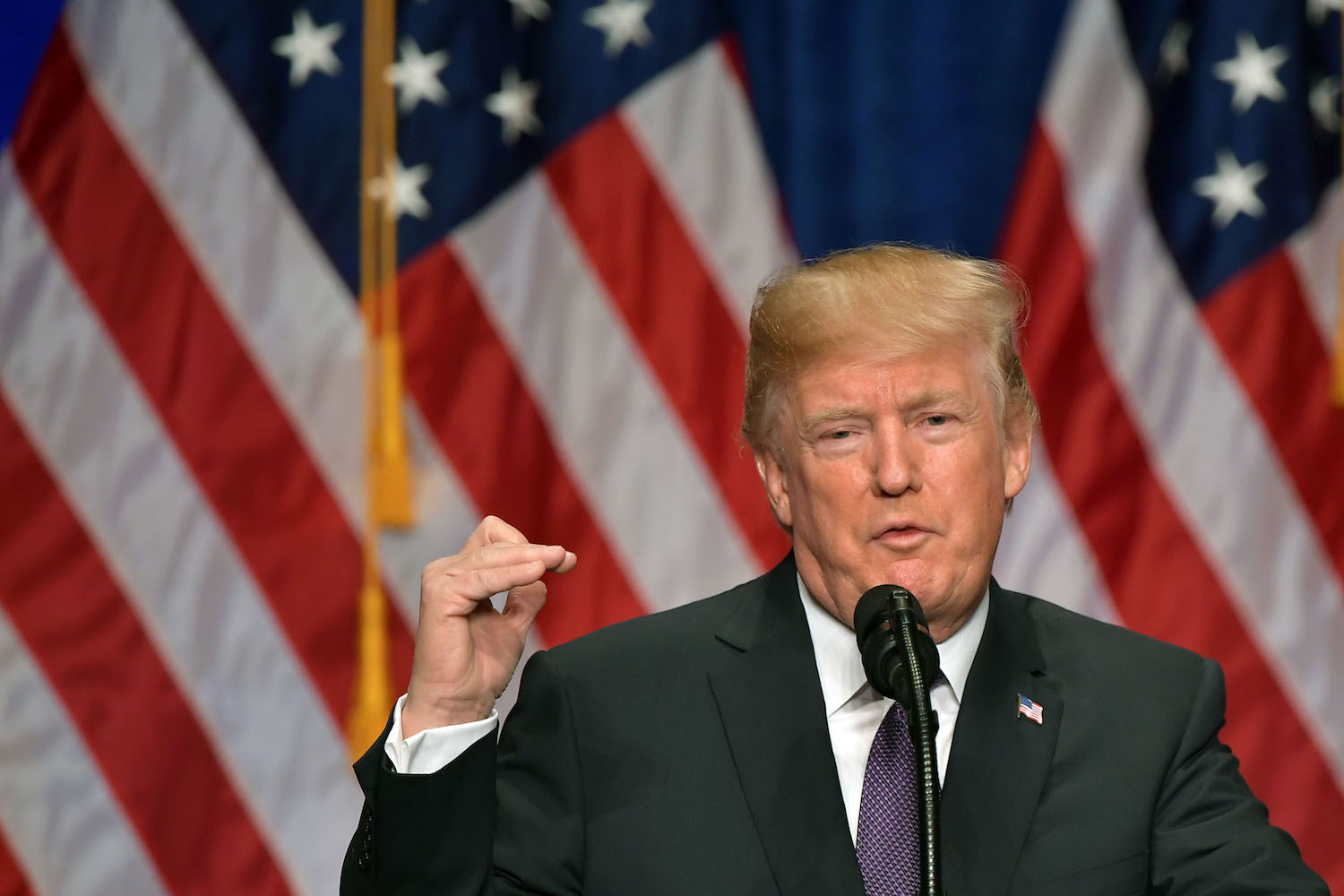
Ma Shikun, Senior Journalist, the People’s Daily
Jan 09, 2018
Why was the National Security Strategy Report so hostile to China?
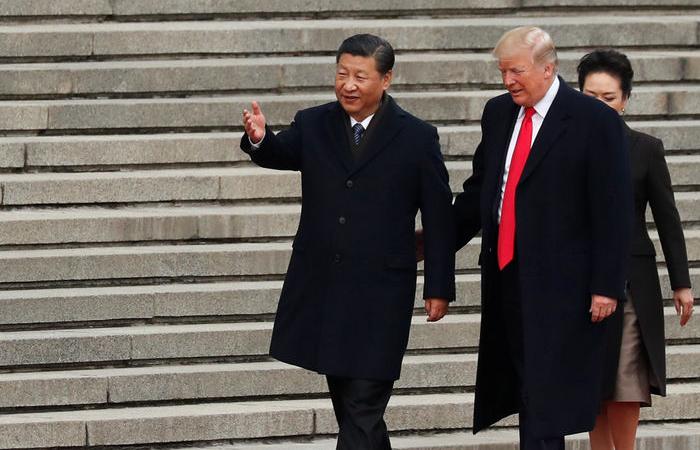
Eric Farnsworth, Vice President, COA, Washington D.C. Office
Jan 08, 2018
U.S. policy-makers must recognize that the most productive path forward is not to maneuver into constant conflict with China but rather to concentrate on our own competitiveness, to restore a sense of national unity, and to re-emerge from the current political cycle as an example of an open market democracy that others are both willing and able to emulate.
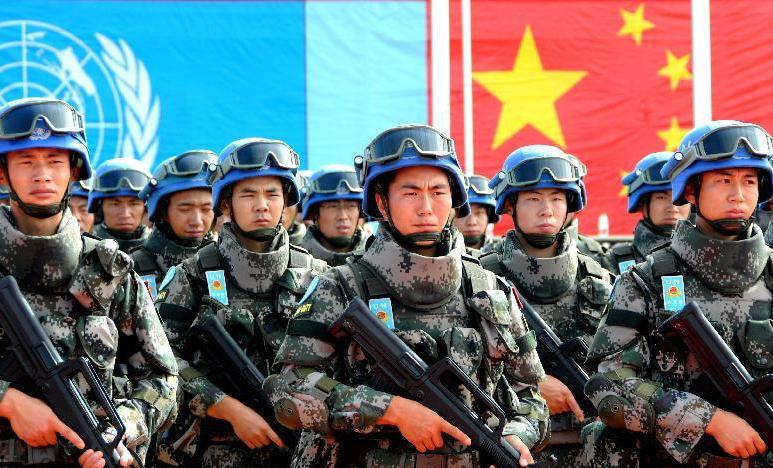
Zheng Yu, Professor, Chinese Academy of Social Sciences
Jan 04, 2018
What role does China play internationally? How will it use its international capabilities and military strength? With whom will it cooperate? These questions have been challenging observers since the beginning of this century.
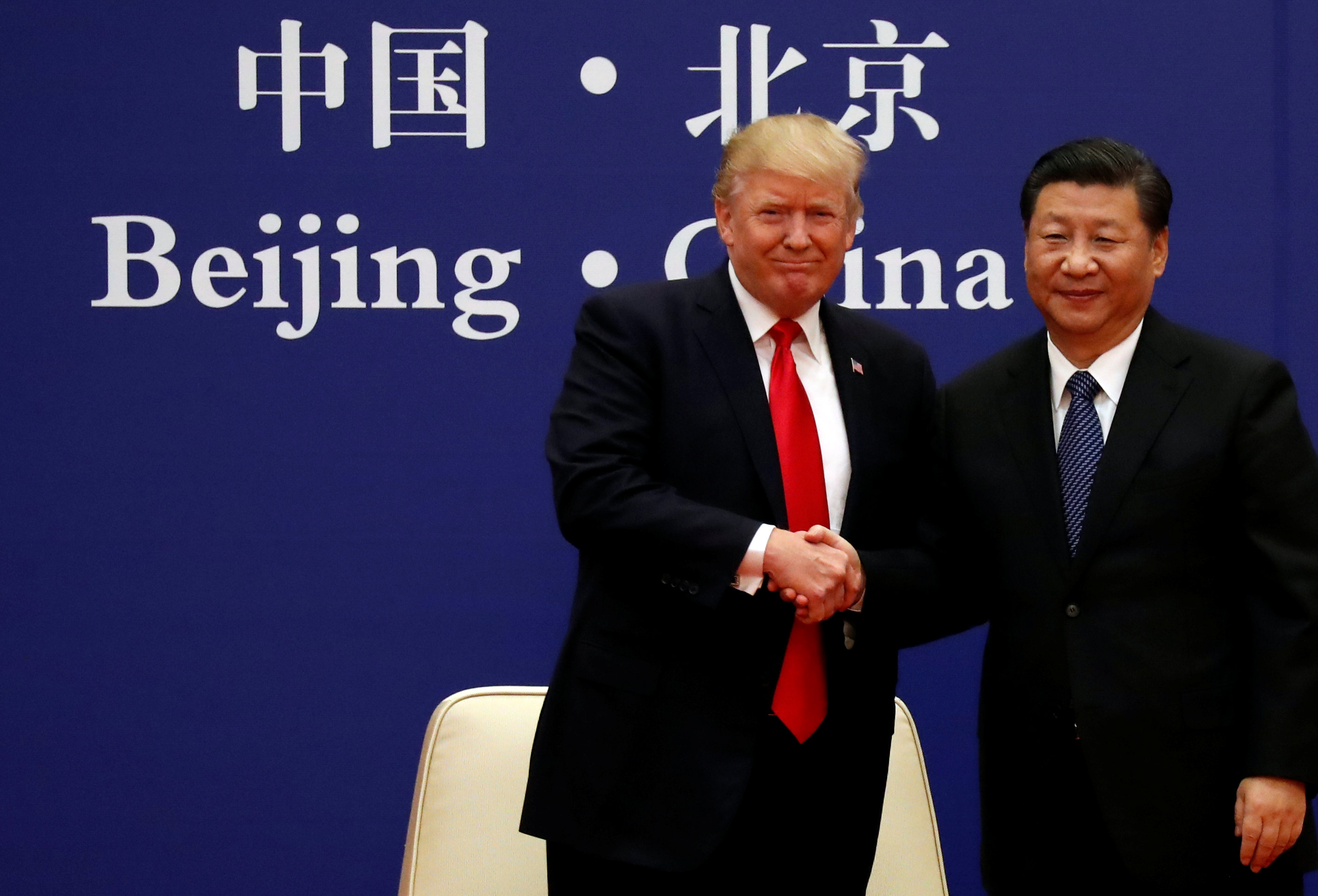
Wang Fan, Vice President, China Foreign Affairs University
Jan 03, 2018
The United States must live with the reality that China will continue to grow stronger; any attempt to curtail China’s influence will come to naught, be it engagement or containment or “congagement”.
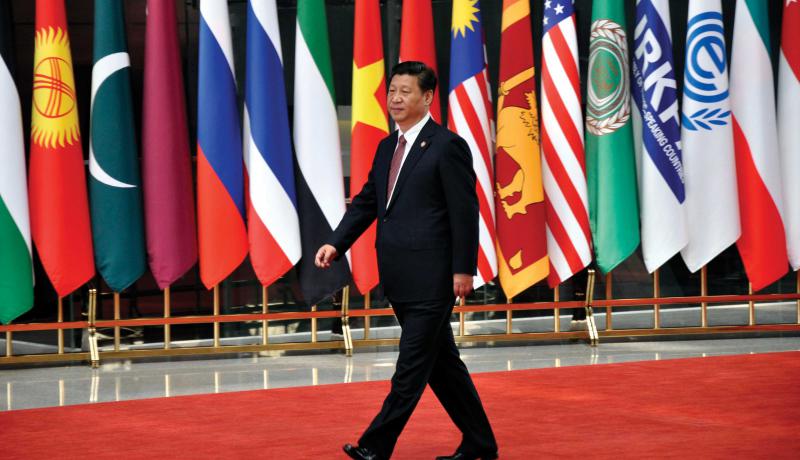
Yu Sui, Professor, China Center for Contemporary World Studies
Jan 03, 2018
With increased national strength and successful diplomacy, China has gained more international influence, which helps world peace and development. Chinese leaders will work for a world free of fear, poverty, isolation, and pollution. Is there anything wrong with this aspiration?
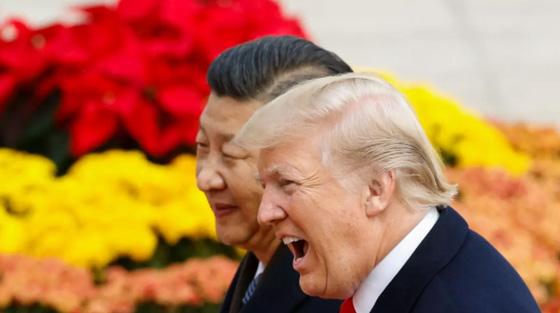
David Shambaugh, Gaston Sigur Professor and Director of China Policy Program at George Washington University, Distinguished Visiting Fellow at Hoover Institution of Stanford University
Jan 02, 2018
2017 was an eventful year for Chinese diplomacy. We may look back on it as the year China cemented its place as a major power in world affairs and reassured the world of its commitment to upholding the existing international system.
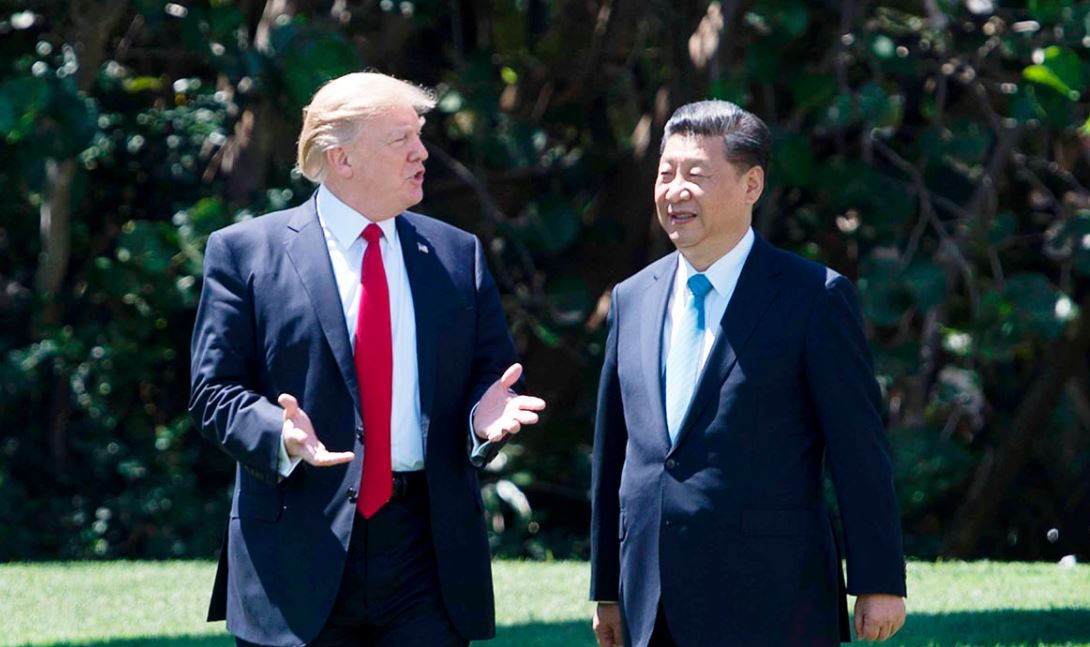
Ding Yifan, China Forum Expert and Deputy Director of China Development Research Center
Dec 29, 2017
By pursuing a variable sum game, China and the US will avoid war. In terms of development of science and technology and economic growth, both China and the United States have a sense of competition but only in a peaceful way.
Back to Top

- China-US Focus builds trust and understanding between the U.S. and China through open dialogue among thought leaders.
- Our Offerings
- Topics
- Videos
- Podcasts
- Columnists
- Research Reports
- Focus Digest
- Stay Connected
-
Thanks for signing up!
- Get the latest stories from China-US Focus weekly.